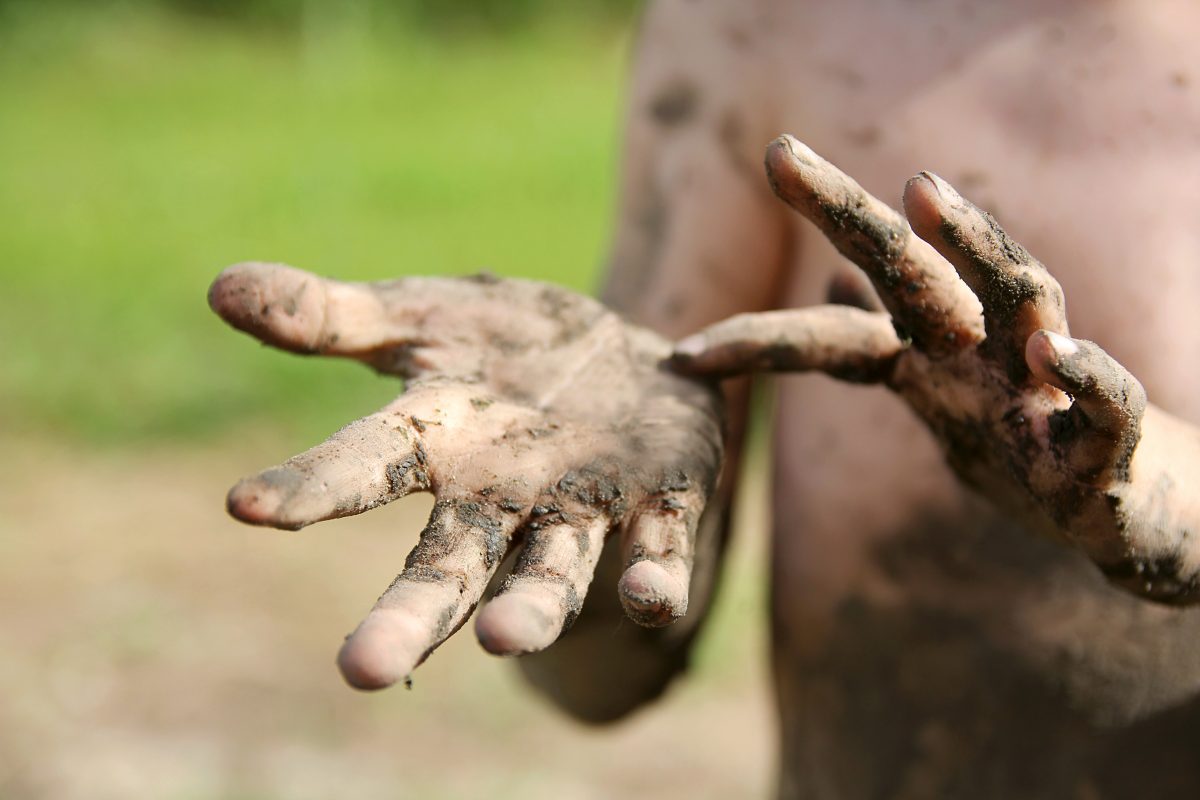Microbiome
In Praise of Dirt
A major part of rehabbing our microbiome and restoring our health is recognizing that cleaner doesn’t mean healthier; in fact, it can sometimes mean sicker. The FDA agrees. Last week they announced plans to pull antimicrobial soaps and other personal care products from the market, concluding that they don’t confer any additional benefits over regular soap.
Being colonized with lots of different microbes is actually good for us, and scrubbing them away with chemicals like triclosan in antibacterial products does us more harm than good – these products might actually be making us sicker by encouraging bacterial adaptations that can lead to resistant superbugs.
If you’re concerned about potentially harmful bacteria and viruses, it’s a good idea to wash your hands vigorously with soap and water to help mechanically dislodge them. Do this with warm water and a basic soap for about the amount of time it takes to sing one verse of happy birthday and you’ll be well on your way to removing undesirable germs from the crevices in your hands.
I marvel at the amount of antimicrobial products used in most schools today and try to convince fellow parents that their children are much better off eating a little dirt from the playground than ingesting triclosan and other chemicals from their sanitized hands. Kids are supposed to get dirty—it’s how we know they’re running around outside playing, getting exercise, and having a good time. I’m concerned if my daughter arrives home from school too clean; it makes me worried that she’s been sitting at a desk all day. Most children’s complete lack of concern for cleanliness and their natural inclination to play in the dirt are things we should be cherishing and encouraging—I believe these traits are part of their innate Darwinian survival code that helps them build and maintain a healthy microbiome. Kudos to the FDA for believing that too.
By: Robynne Chutkan, MD, FASGE

